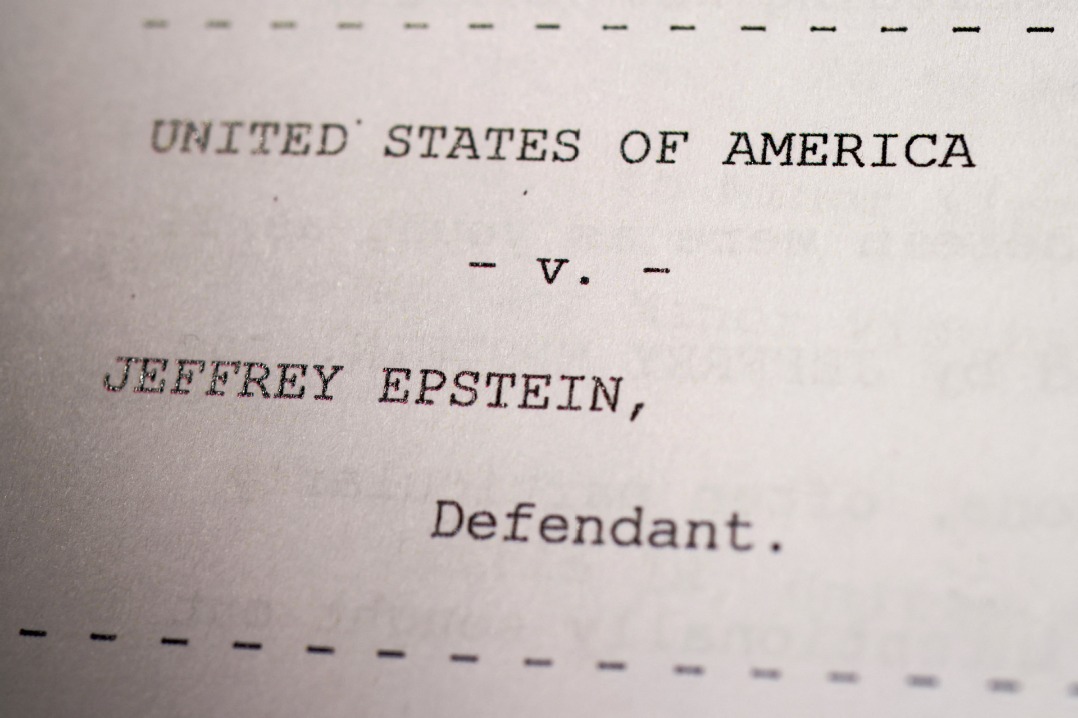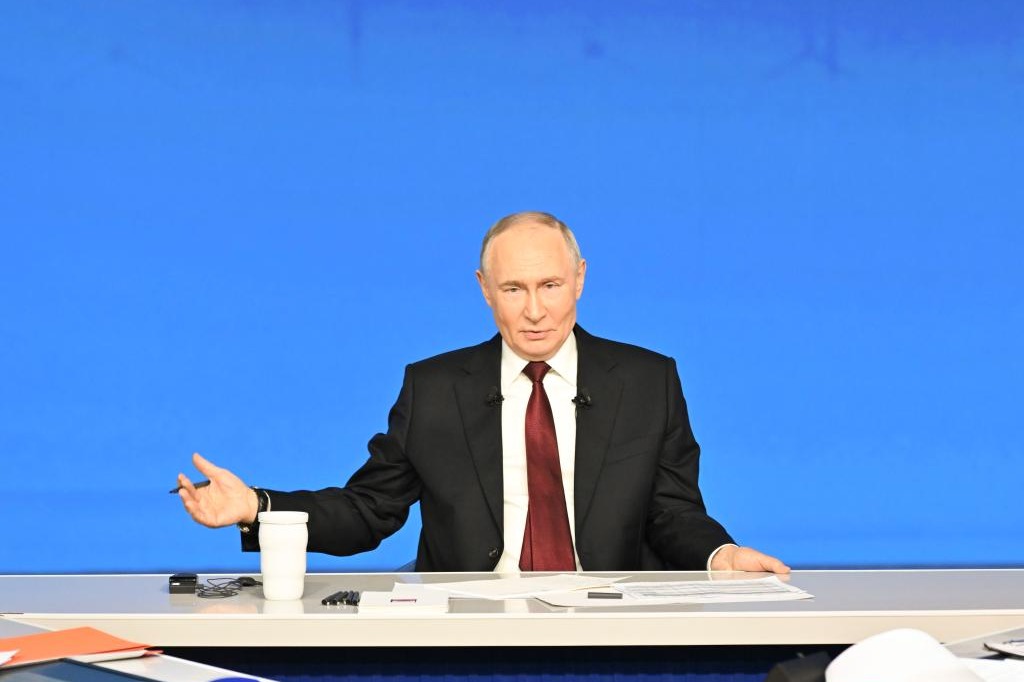Sweden eyes nuclear link-up with France

Sweden's Prime Minister Ulf Kristersson says his country needs to buy two nuclear reactors and is "entirely open" to the prospect of France being the country that helps Sweden increase its power production and ensure energy supplies are safe in the future.
In Paris on his first visit to a European Union capital city since Sweden took over the six-month rotating presidency of the EU council at the start of the year, Kristersson shared a podium with France's President Emmanuel Macron, and told journalists that "the Swedish-French partnership has good potential in nuclear energy … the new Swedish government is determined to build new nuclear power plants and we are very impressed by the French experience".
Kristersson, who is leader of the Moderate Party, assumed power as the head of a coalition government last October.
Although the Moderates were only the third most popular party at the polls, he reached an agreement with fellow center-right parties the Christian Democrats and the Liberals, which also relies on the cooperation of the far-right Sweden Democrats, which is not a formal coalition partner, but has influence.
Together, the four parties drew up a policy agreement known as the Tido Agreement. On the subject of energy, it said the shared aim was to change policy "from 100 percent renewable to 100 percent fossil-free", and that the partners "will devise and implement political reforms to secure the energy supply and achieve an effective climate transition ... technology neutrality is restored".
One of the new government's first actions was to get rid of the standalone Ministry of the Environment, with the minister's role now coming under that of the minister for energy, business and industry.
The move meant that for the first time in 35 years, Sweden would not have a specific government ministry for the environment, a move described by Swedish Green Party leader Per Bolund as "a historic decision with devastating consequences for environmental issues … it is impossible to describe more clearly how little this government values the environment and the climate".
Currently, Sweden has six nuclear reactors in operation at three different plants, which, according to the World Nuclear News website, account for around 40 percent of its electricity production.
France has long been the standard bearer of nuclear technology in Europe, with the France 24 news website saying that the country had been a heavy investor in the sector ever since the oil crisis of 1973, and as a result now has the world's highest proportion of nuclear generated energy, at around 70 percent.
In a speech in October 2021, Macron unveiled a five-year, 30-billion-euro ($31.8-billion) strategy to move toward the development of small modular nuclear reactors, which can be factory-built and then assembled on site.
Industry analysts have observed that this will help France keep pace with China in the race to develop nuclear technology.

































